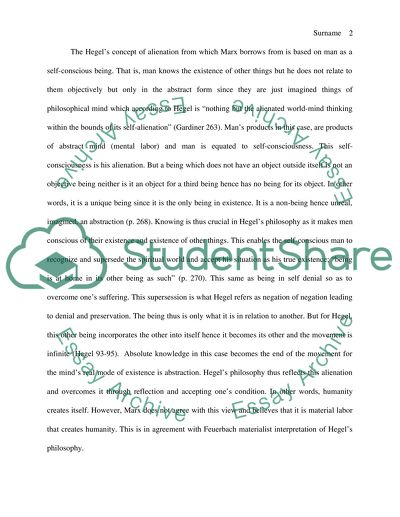Cite this document
(“Marx on Alienation Essay Example | Topics and Well Written Essays - 2000 words”, n.d.)
Marx on Alienation Essay Example | Topics and Well Written Essays - 2000 words. Retrieved from https://studentshare.org/philosophy/1663551-marx-on-alienation
Marx on Alienation Essay Example | Topics and Well Written Essays - 2000 words. Retrieved from https://studentshare.org/philosophy/1663551-marx-on-alienation
(Marx on Alienation Essay Example | Topics and Well Written Essays - 2000 Words)
Marx on Alienation Essay Example | Topics and Well Written Essays - 2000 Words. https://studentshare.org/philosophy/1663551-marx-on-alienation.
Marx on Alienation Essay Example | Topics and Well Written Essays - 2000 Words. https://studentshare.org/philosophy/1663551-marx-on-alienation.
“Marx on Alienation Essay Example | Topics and Well Written Essays - 2000 Words”, n.d. https://studentshare.org/philosophy/1663551-marx-on-alienation.


